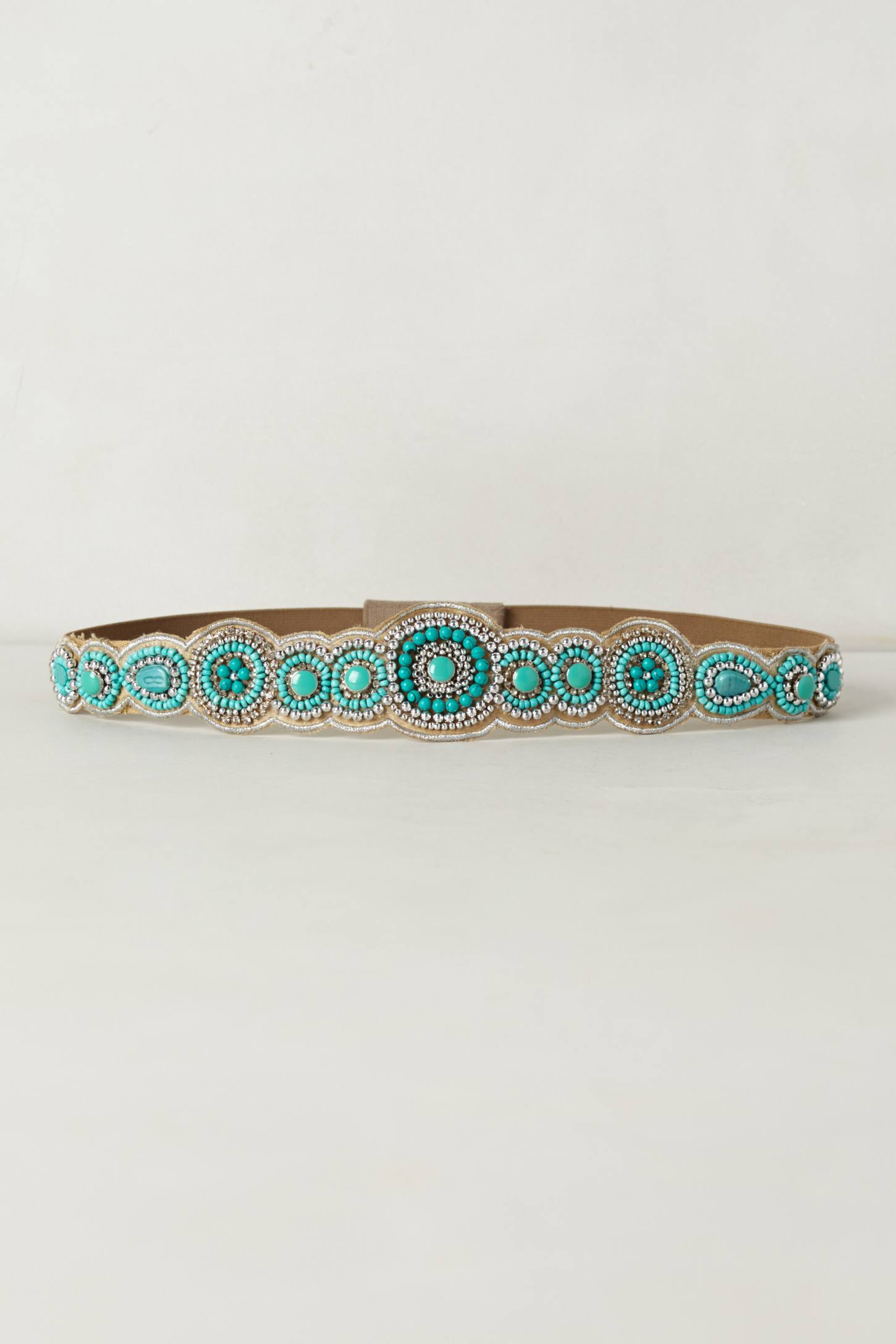I woke up this morning wondering whether people read labels. Clothing Labels that is. There are certain South African brands I have tried to support over the years until I discovered that they Sub-contract production to countries like India (which is penned to be the next super economy after China, wait 2025). I understand that production costs in South Africa drive up the price of every garment and clothing item, but I thought, I don't see Valentino move production to reduce cost....? Do we patronize our own workmenship?
Are we continuing to perpetuate the mindset that nothing from Africa can be good and therefore become a luxury brand? Would you pay R4 000 for a pair of Valentino's? Would you pay the same for a pair of Tsonga's?
Valentino Bow Thong Sandal | Price: R3912.44
isivina, Tsonga | Price: R275.99
I might add that the Valentino's are plastic, uPVC and the Tsonga's are obviously leather. Would you pay the lady at the union buildings R400 for a beaded belt? Or would you rather pay R2000 for a psuedo-beaded belt by Stella McCartney should she go through a Safari phase? I doubt the lady at the Union Buildings goes through a Safari phase, but that is the reality of fashion. Anything remotely connotative of Africa on the American and Euro-Asian Fashion stage is referred to as Safari or Tribal, of which I have to say the latter insults me greatly!
| Gold Beaded Belt, Stella McCartney Belt Source Photograph: Neiman Marcus |
 |
| Blue Turquoise Beaded Belt, Anthropologie Source Photograph: Lyst |
 |
| Thembu People South Africa, 1940-1959, Glass beads, Leather and Metal work i.e. a Xhosa Belt. Source Photograph: Pinterest |
I know that about 80 years if not sooner weddings were the height or high fashion and brides paid whatever they had to to wear garments, that were obviously hand-made by local women. In Nigeria there are certain cloths, that only royalty are allowed to wear to this day. To understand where I am coming from, I recently took a relative shopping at the zoo. Yes I go shopping at the stalls at the Zoo. But before I went a well meaning colleague of mine advised me that I must wear a T-shirt that said South African otherwise I would pay an arm and a leg for it. Since African is slowly becoming a colour and not a nation anymore, I proceeded to ask my aunt, who is Ghanaian, not to speak. I will be honest, I hate negotiating, so whatever price they gave me after I stared over-long at them is the price we paid. Until, I guess she got tired of remaining silent and she started speaking to me in English, at which case her accent was obvious. The ladies there asked me where she was from and since the cat was out of the bag, I informed them that she was from Ghana. We obviously forgot to buy a few items so the following day we went back, and the ladies remembered us and they proceeded to engage her in English and the prices of the items did NOT increase. I left it alone and then this morning I came across a tweet from the wall street Journal, http://t.co/IXtrCMAXK0 titled 'Redifining African Luxury in Lagos....'
Businesswoman Reni Folawiyo is building a concept store with celebrated architect David Adjaye on Victoria Island in Lagos. The mission? To redefine African luxury for Nigerians—and for the rest of the world.
 |
| Source: Wall Street Journal (WSJ) May, 2014. GLOBAL CITIZEN | Folawiyo, an intrepid traveler, stopped practicing law several years ago to dedicate herself to art and design. Photography By Jamie Hawkesworth for WSJ. Magazine |
Her hope is that her concept store will encourage Pan-African travel. Essentially encourage me to travel to Nigeria to buy an original Maki Oh. Folawiyo, hopes to encourage Africans to patronize African craftmentship. It is with shame that I write this, but I think I have bought into the lie and she needs to start with me. Have you ever? What did you do to rectify it?
But first Mrs Folawiyo needs to educate me on the English language and its sink hole of double - entendres and meanings, when I first read the article, it thought she meant, to consider something as stupid or to talk to someone as if they are stupid. It didn't make sense to me obviously it being early morning for me and all. Patronize, before it became a negative word meant and still means, 'frequent (a shop, restaurant, or other establishment) as a customer. -wikipedia.

No comments:
Post a Comment